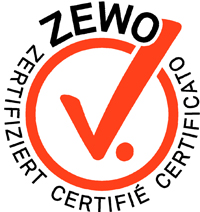Morija has been setting up Rural Development projects for several years. These projects aim to help farmers and rural families in poor areas of Chad, Burkina Faso and Togo, to develop agricultural projects adapted to climate change.
Subsistence farming
In the often remote areas where Morija operates, many families survive through subsistence farming. They cultivate their fields to feed their families and resell part of the harvest on local markets. In Africa, 60% of the population survives thanks to this type of agriculture (UN).
Climate disturbances
Climate change has alarming consequences in the Sahel region. Water stress and water-related risks, such as devastating droughts and floods, are hitting African communities, economies and ecosystems hard.
According to the World Meteorological Organization, Africa warmed at an average rate of about +0.3°C/decade between 1991 and 2021, which is faster than the warming of +0.2°C/ decade observed over the period 1961-1990. The year 2021 has been the third or fourth hottest year on record in Africa.
These extreme climatic conditions make traditional agricultural practices less viable and threaten the food security of rural populations.
Morija helps farming families
Morija recognizes the urgent need to act to help families whose incomes depend on agriculture to face these challenges. Through our Rural Development projects, we work closely with local communities to promote climate-resilient agricultural practices. We implement efficient irrigation systems, encourage the use of drought-resistant crops and promote soil conservation methods to combat erosion.
Through our Rural Development projects, we seek to reduce poverty, improve food security and protect the environment. And it works! We believe in empowering local communities by providing them with the skills, tools and resources to develop sustainable agricultural projects.
Support our Rural Development projects by making a donation







